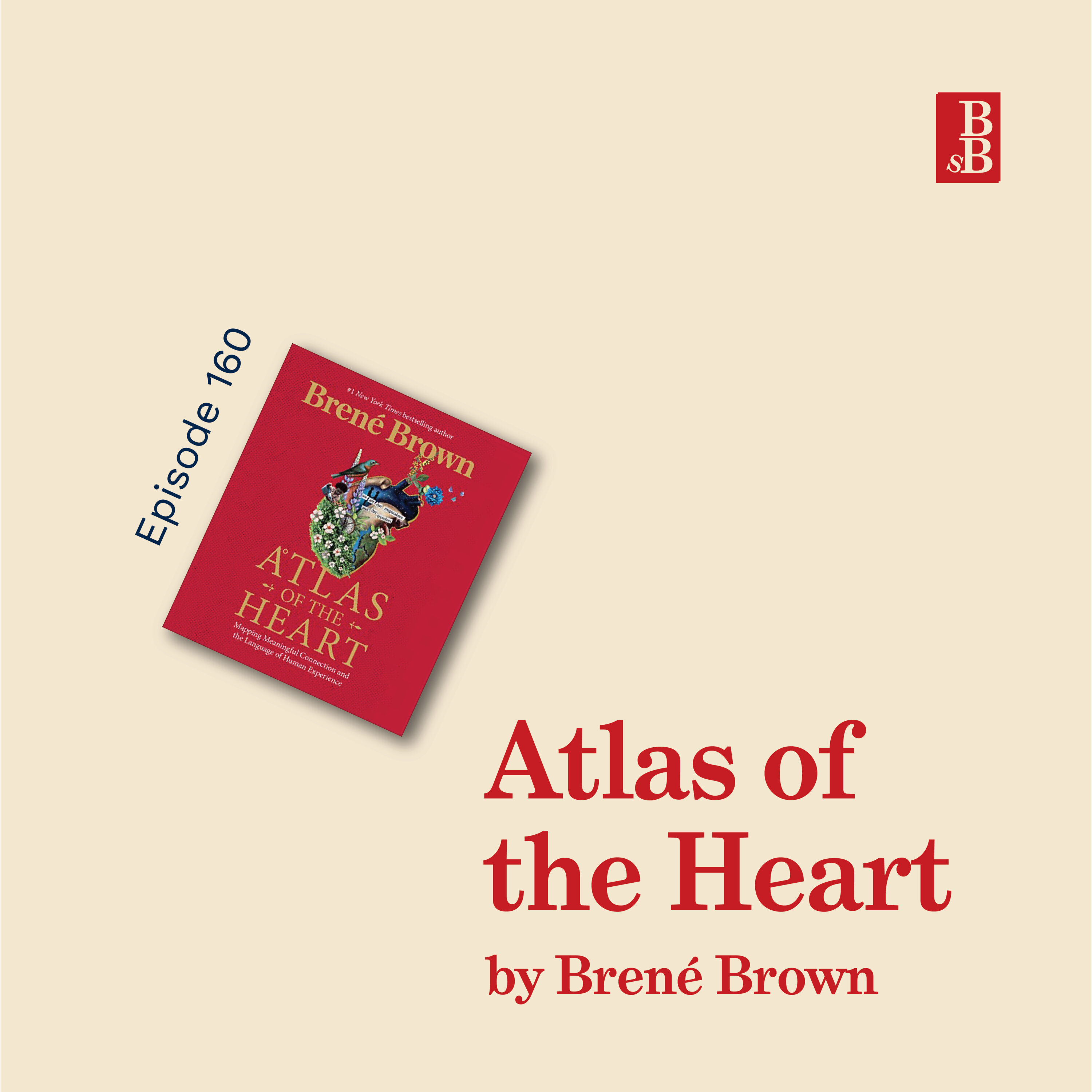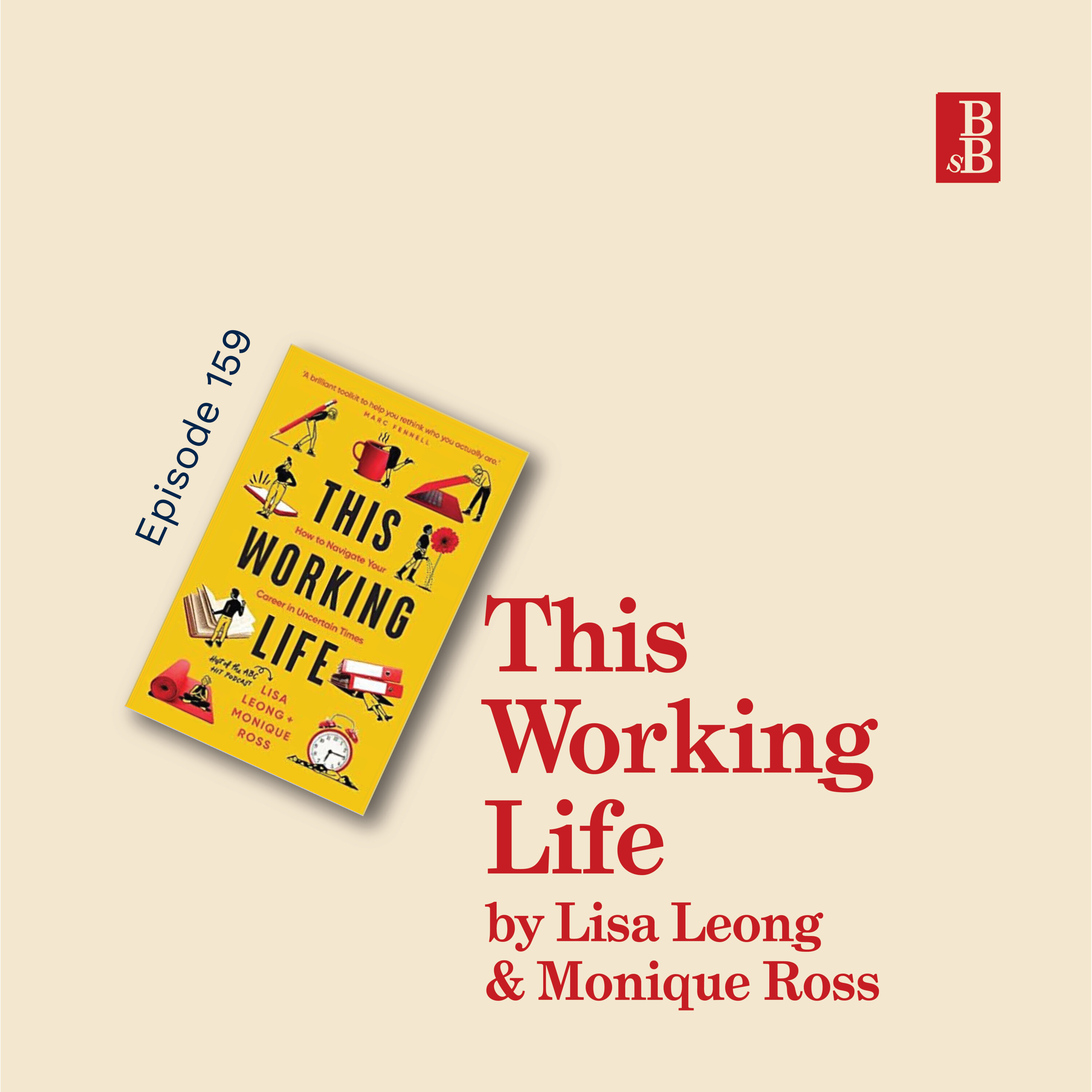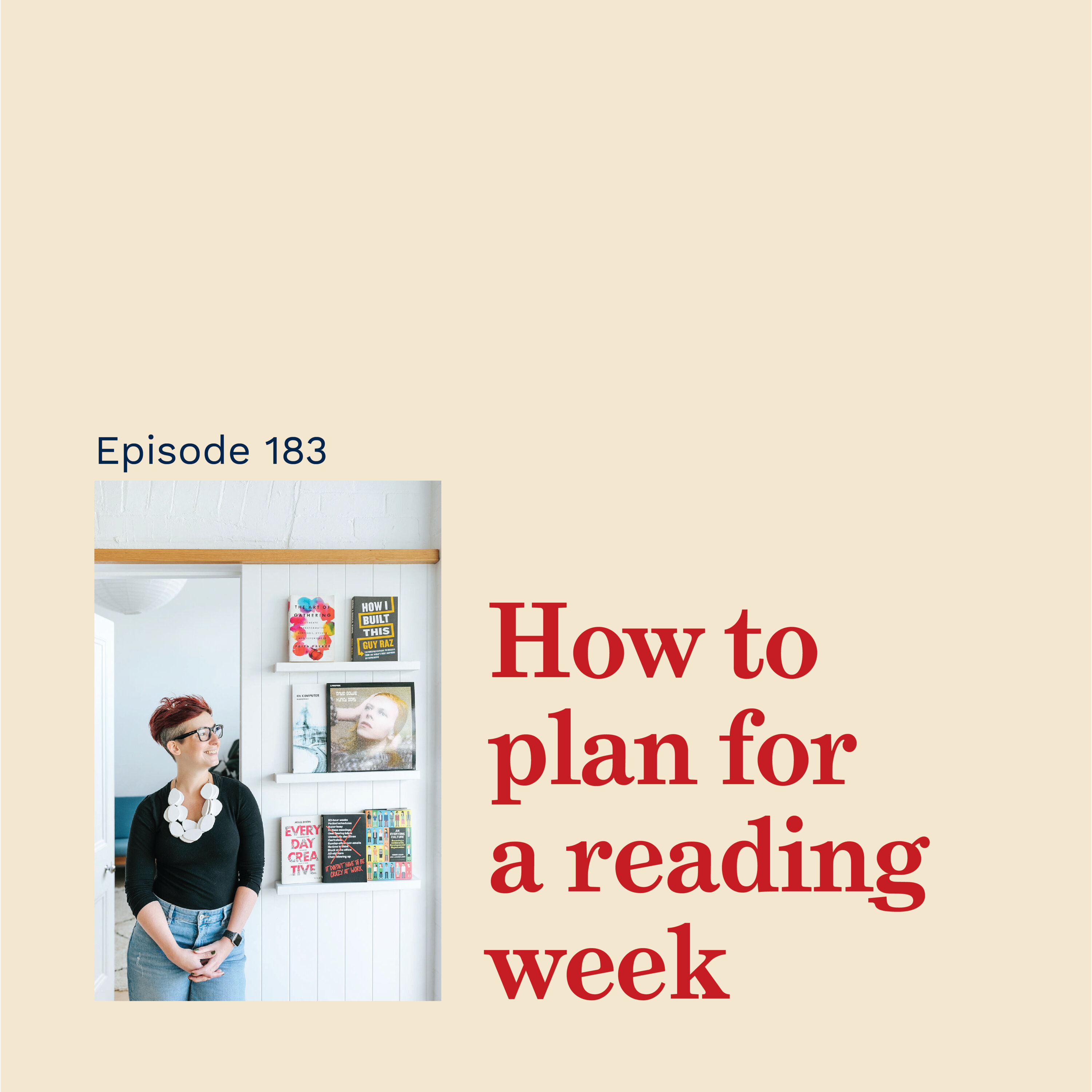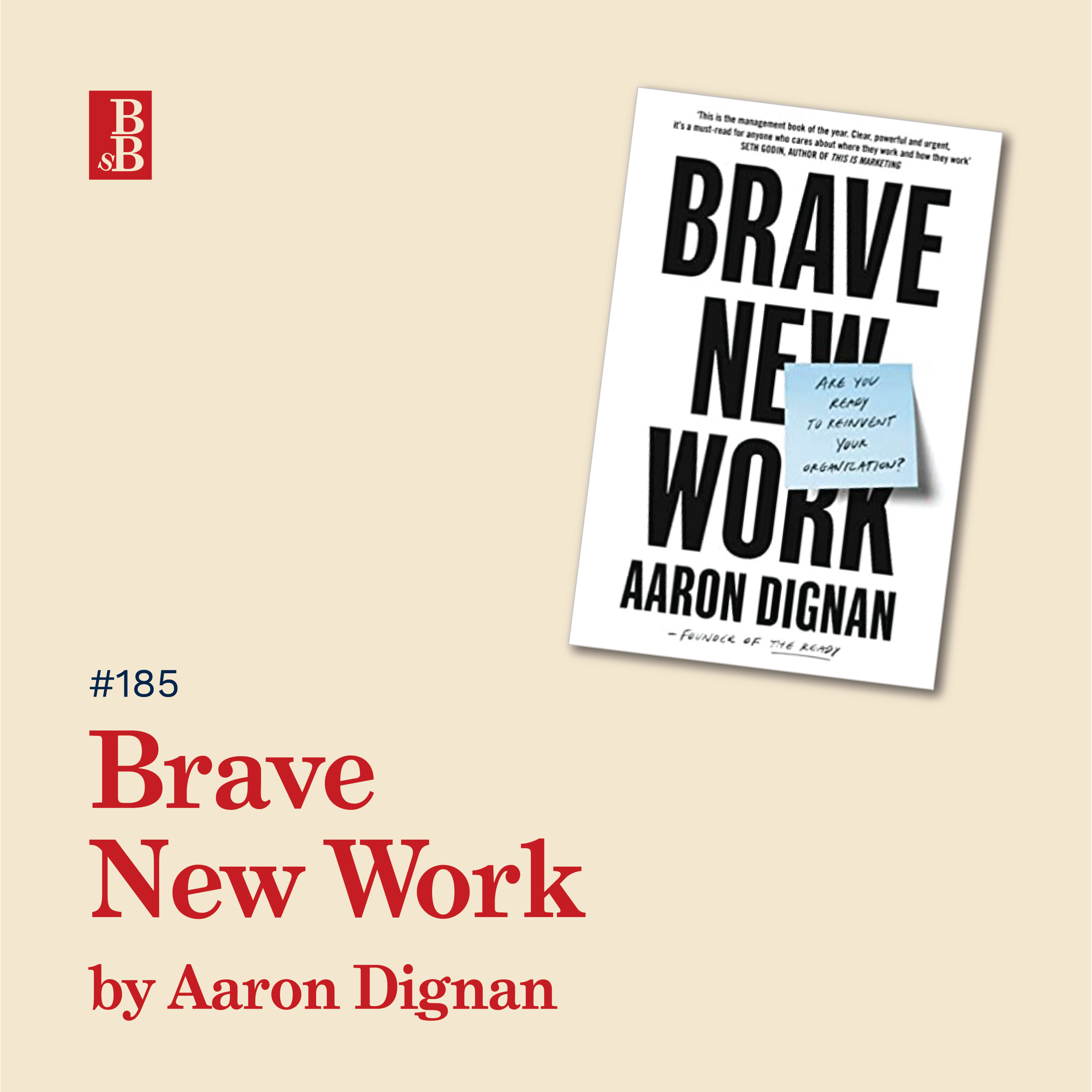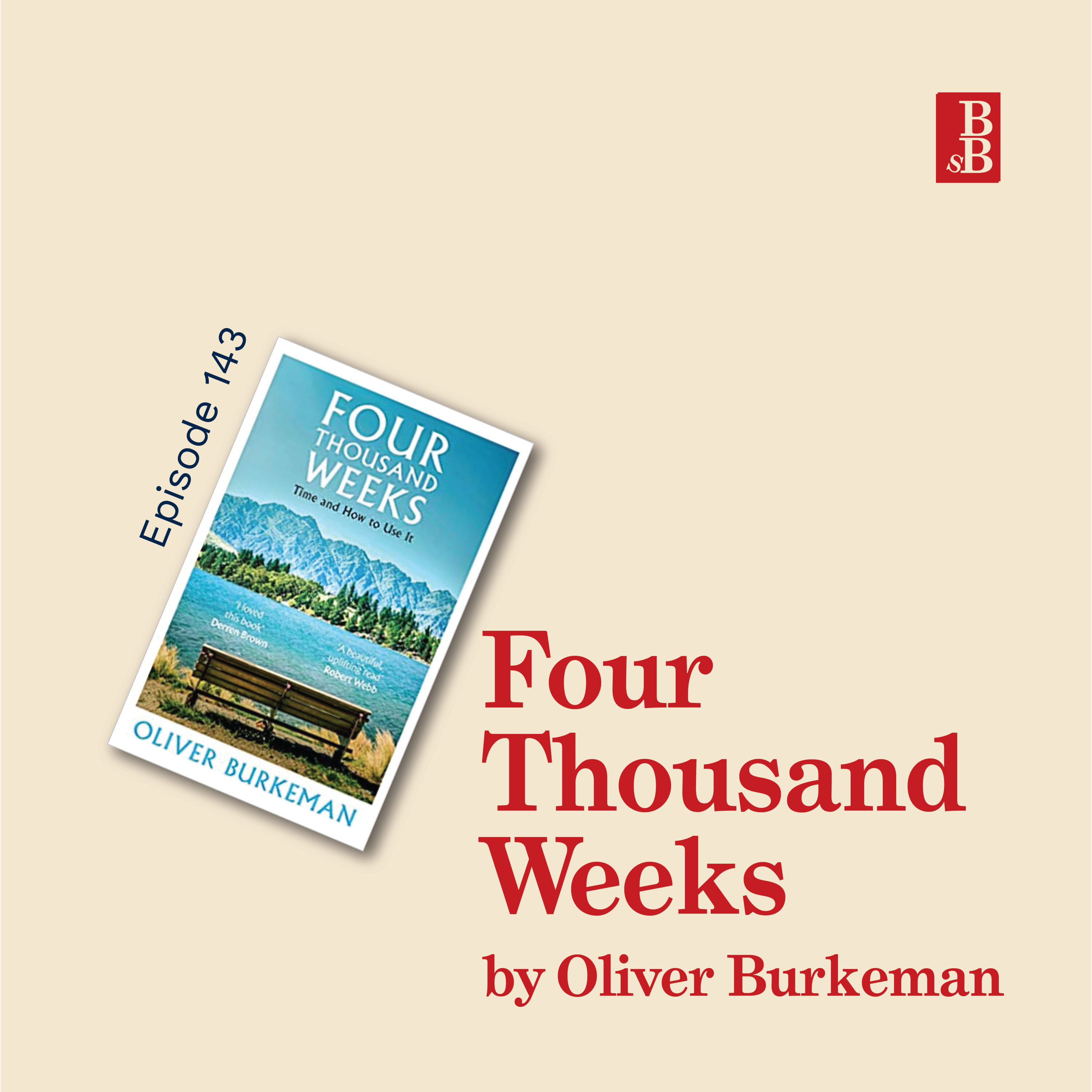Who Not How by Dan Sullivan and Dr Benjamin Hardy: the one question to find freedom
In this episode I mention a podcast which I've recently recorded with my friend Shane Hatton, all about learning. You can find the links to listen to it here, or search Phone Calls with Clever People on your podcast player.
About the book
What if everything you did was your choice, including how you spend your time, how much money you make, with whom you have relationships, and only doing work that aligns with your purpose?
Sound hard? It’s as simple as changing the core question you ask yourself.
When you want to accomplish something, stop asking, “How can I do this?”
Legendary entrepreneur coach Dan Sullivan teaches you to ask instead, “Who can do this for me?”
This question at the heart of the Who Not How philosophy may seem simple, but don’t let the lack of complexity fool you. By mastering Who Not How, you will quickly learn how billionaires and successful entrepreneurs like Dan build incredible businesses and personal freedom, along with massive success.
About the authors
Dan Sullivan is the world’s foremost expert on entrepreneurship and has coached more successful entrepreneurs than anyone on the planet. He is the co-founder of Strategic Coach®, the leading entrepreneurial coaching program in the world, and author of more than 50 publications on entrepreneurial success. Over the past 30+ years, Strategic Coach has provided teaching and training to more than 20,000 entrepreneurs.
Dr. Benjamin Hardy is an organizational psychologist and best-selling author of Willpower Doesn’t Work and Personality Isn’t Permanent. His blogs have been read by more than 100 million people and are featured on Forbes, Fortune, CNBC, Cheddar, Big Think, and many others. He is a regular contributor to Inc. and Psychology Today and from 2015 to 2018, he was the #1 writer—in the world—on Medium.com.
Big Idea #1 - Who not how
Essentially, this is a book about delegation. Most of us, when faced with a challenge, ask ourselves, how will I do this? Whether it's fixing our website planning meals for the week or booking a trip. But instead of asking how we should really be asking who. Because there is likely someone out there who can do it better, faster with less stress, more scale, and potentially cheaper, than we could do it ourselves.
This book itself is actually a who not how project. Benjamin Hardy saw Dan Sullivan speak about this concept at an event and Benjamin decided he wanted to write the book on it. He asked Dan and Dan let him.
Having this mindset of who not, how, as a default, allows you to create bigger things than you could do alone and focus on doing other things, which are maybe the things that you are better at.
Ultimately, it comes down to putting results above effort and working on tasks where you can get the better outcome, rather than necessarily where you can put the most effort in.
Big idea #2 - Let the who do the how
For this to work, you need to let the who do the how. That's why they're there in the first place. You need to get out of their way and give them permission to do what it is that they do best.
Your role in the relationship is to set the vision. Dan actually uses something called an ‘impact filter’, this document covers why the particular project or the task is important, what the success criteria would look like, what's at stake, and what could go wrong or any potential problems that might come up.
The book suggests looking at your goals for the next 90 days and running a ‘who audit’ over them. Ask yourself who can help you achieve those goals? You could even do this on a weekly, or even a daily basis, using your to-do list and asking yourself who can help you.
PS. Consider supporting the podcast with your next book purchase. Save the Steph’s Business Bookshelf affiliate stores for Book Depository (Global) or Bookshop.org (US) in your browser.
Big idea #3 - Freedom
Freedom is one of the core ideas in the book. The book is structured around the four types of freedom you can access when you use this, who not how approach.
The four types of freedom are;
Time - if you're not doing something you free up your time to do other things.
Money - yes, finding someone else to do those particular things might cost you money but you’re entering a different value exchange, as you’ll free up your time to create more money by focusing on higher value activities
Relationship - you can create transformational relationships by being a who to other people, as well and finding good who's for yourself. You can then foster those relationships so that everyone ends up doing the work that is most valuable to them and allows them to operate at their best.
Purpose - this allows you to do the bigger things you might want to do in life that maybe won't happen otherwise, because you don't have the skills or the time or the resources to do it.
There was a great example of freedom of purpose in the book. A lady called Karen wanted to write her grandmother's biography. This was something that had been on her life to do list for a long time. Her grandmother was an important civil rights activist in the 1920s and actually helped get certain segregation laws changed in the USA. For Karen, this was a really important and very personal project.
Karen had started the book, had written some pages but had realised that writing a biography is almost like a full-time job in itself to do it well, especially if you are not an accomplished biographer. Karen had her own very busy job and therefore this biography wasn’t going very far, very fast.
Funnily enough, Karen was approached by another person who also wanted to research and write a book about Karen's grandmother. This person was researching African-American civil rights activists and had come across Karen's grandmother's details and wanted Karen's help in writing the book.
Karen's initial response was one of threat. She wanted to the one to write the book about her grandmother, and saw this other woman as competition. However, after conversation with Benjamin, Karen realised that a collaboration with this biographer could actually mean the book got written. And likely to a higher quality, because the other person was an accomplished biographer and had published books previously. She realised that the purpose was sharing her grandmother’s story, not writing the book herself.
Support my book habit: https://www.buymeacoffee.com/stephsbookshelf
See omnystudio.com/listener for privacy information.
Hey, have you subscribed to the bookmark newsletter? If you liked this, you might like my twice-monthly email with book reviews and ideas of what you should be reading, and listening to, next. Click here to subscribe.













